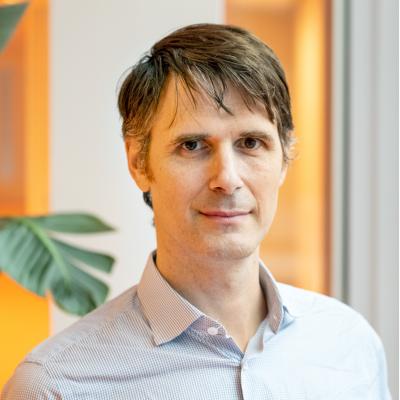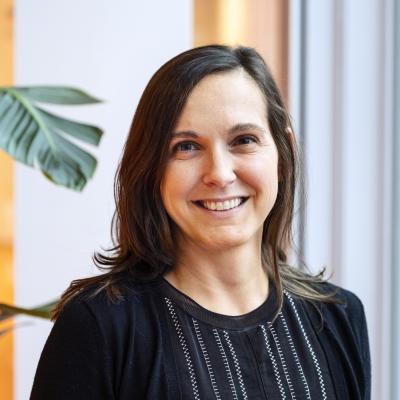Summary
Nearly three billion people around the world use traditional cookstoves and fuels. According to the World Health Organization, the resulting air pollution leads to an estimated four million preventable deaths per year.
In Ghana, about 70 percent of households cook by burning biomass including wood, charcoal, and crop residue in open fires. Despite significant public and private investment over the last decade in efforts to encourage the use of clean cookstoves, new approaches are needed to achieve substantial improvements in air quality and health.
This project aims to increase the adoption of innovative clean cooking technologies that reduce household air pollution. It takes a new, comprehensive and multidisciplinary approach to address the problem that:
- Integrates behavioral approaches to understand and overcome obstacles to adopting clean-cooking technologies.
- Deploys an array of clean technologies, rather than providing households with a single option.
- Aims to transition entire communities to new cookware and energy sources in order to achieve significant health benefits that cannot be realized through the transition of only a few households in any given community.
- Examines broader infrastructural and regulatory barriers to adoption in order to facilitate transitions based on community needs.
The project focuses on dramatically and measurably improving public health and contributing to women’s empowerment, economic development, and better environmental quality. If successful, this effort should provide lessons that can be applied throughout Ghana and the rest of Africa.
In Partnership With:
Statistics
- 3 billionpeople globally use traditional cookstoves and fuels
- 1/5of all black carbon emissions result from traditional cookstoves and fuels
- 4 millionpreventable deaths per year are estimated to be caused by pollution
Team
-

Kwaku Poku Asante
Kintampo Health Research CentreRead Full Bio arrow_right_altDr. Kwaku Poku Asante, BSc. MBChB, MPH, PhD, is a medical doctor and a clinical epidemiologist. He is the Director of Kintampo Health Research Centre under the Ghana Health Service’s...
-

Darby Jack
Columbia UniversityRead Full Bio arrow_right_altDarby Jack, PhD, is a professor at Columbia University's Mailman School of Public Health. He studies environmental health risks in developing countries, the health impacts of climate change...
-

Kelsey Jack
University of California, Santa BarbaraRead Full Bio arrow_right_altKelsey Jack is an associate professor at the Bren School of Environmental Science and Management at the University of California, Santa Barbara. Her research lies at the intersection...
Go Deeper
Publications
Owusu-Amankwah, G., Abubakari, S., Apraku, E.A., Iddrisu, S., Kar, A., Malagutti,F., Daouda, M.,Tawiah,T., Awuni,S., Nuhu,A.R.,Peprah, P., Jack, B..K, Asante, K.P., Jack, D. (2023, Oct.). Socioeconomic determinants of household stove use and stove stacking patterns in Ghana, Energy for Sustainable Development. https://doi.org/10.1016/j.esd.2023.101256
Lahr, H., Jack, K., Jack, D., Malagutti, F., Graham,L., Tsinigo, E., Tawiah, E. (2023, May 15). Connecting the Dots With Mobile Money: How Digital Finance Can Foster a Clean Energy Transition in Ghana. Brac Institute of Development and Governance. https://bigd.bracu.ac.bd/connecting-the-dots-with-mobile-money-how-digital-finance-can-foster-a-clean-energy-transition-in-ghana/
Kar, A., Tawiah, T., Graham, L., Owusu-Amankwah, G., Daouda, M., Malagutti, F., Chillrud, S., Harned, E. E., Iddrisu, S., Apraku, E. A., Tetteh, R., Awuni, S., Jack, K., Abubakari, S. W., Jack, D., & Asante, K. P. (2024). Factors associated with the use of liquefied petroleum gas in Ghana vary at different stages of transition. Nature Energy. https://doi.org/10.1038/s41560-024-01462-5

